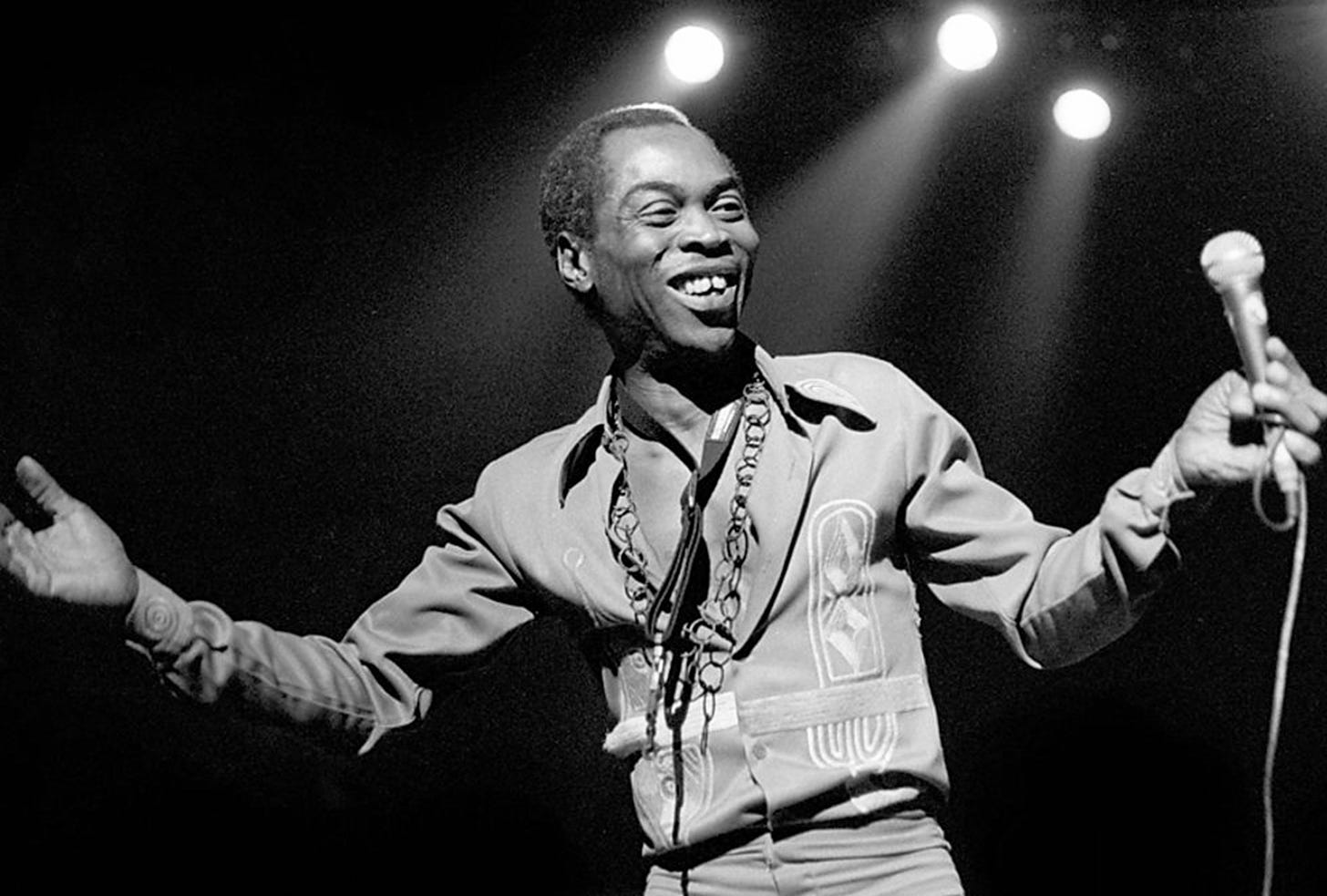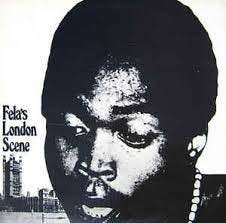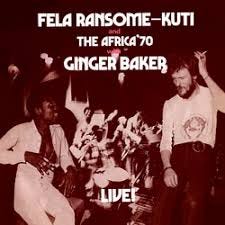When 2021 makes its merciful exit, we’ll also be waving goodbye to the ongoing spasm of cultural nostalgia about the music of 1971.
There’s apparently still lots to say about the creativity that happened 50 years ago; it’s late December and many (many!) of the significant works released that year have not been properly recognized with “50th Anniversary” essays from blustery music critics and worshipful cultural commentators.
Here’s one: Fela’s London Scene, the third album from Nigerian Afro-Beat pioneer Fela Kuti.
It’s a foundational document in the Fela discogrphy, the first studio record to fully immortalize the ingratiating hookcraft, improvisational agility and tightly coiled rhythms that made Afrobeat such a magnetic force in the 1970s. After this, Fela and his band Africa 70 – which is not fully represented here because EMI wouldn’t fly the entire crew to the UK – would further refine the groove. But its essence, in particular its crucial linkage between sauntering James Brown soul and lilting West African syncopation, is in place.
It’s got wicked, effortlessly authoritative drumming from the heartbeat of Afrobeat, Tony Allen, as well as a Ginger Baker cameo (the Cream drummer appears on “Egbe Mi O” though his contribution is not at the center of the mix). It’s got a few spry electric piano solos from Fela and sparkling tenor saxophone from Igo Chico, who left the band a few years later.
And though Fela isn’t raging against racism and complacency the way he eventually would, London Scene contains early attempts at consciousness-raising, notably a pointed satire about greed, “J’Ehin J’Ehin.”
And because it was recorded at Abbey Road (and with a smaller complement of musicians than the full Africa 70), everything is rendered in crisp detail, a contrast to other early Fela releases. The clarity invites the listener to focus on several different levels – it’s possible to trace the motion of the individual sounds, then notice how they connect into an integrated whole, and then how, through repetition, that whole becomes a living organism, a kind of audio hypnosis engine.
Listening that way, it’s a short leap into a daydream about the impact Fela’s sound had on the music community in London circa 1971. You wonder what the producers and engineers in the Abbey Road orbit – people like Glyn Johns – would have made of this intense, nearly overdriven sound. You wonder who might have dropped by at Baker’s invitation, the rockers and session musicians and scenesters. We know Baker was deeply impacted by Fela and Allen – you wonder who else had their musical DNA rearranged.
Similarly, what was Fela’s reaction to the creative flowering going on in London at the time? Fela was returning to a city he knew well, having studied at London’s Trinity College of Music years before and performed in clubs. It must have been unusual – surreal? – to return as a rising star, to make a record in one of the world’s most famous studios, to have well-known talents like Ginger Baker as advocates and champions.
Starting right here, with the live-in-the-studio sounds captured on this record, Fela became an unstoppable force, one of the most important artists of the 1970s. We may not have Get Back-style footage of the making of Fela’s London Scene. But the sparkling audio tells the story just fine on its own.
Why yes, we have a fancy digital suggestion box. Share your favorite Underloved/Overlooked records here: echolocatormusic@gmail.com.
Please consider subscribing (it’s free!). And…..please spread the word! (This only works via word of mouth!)







